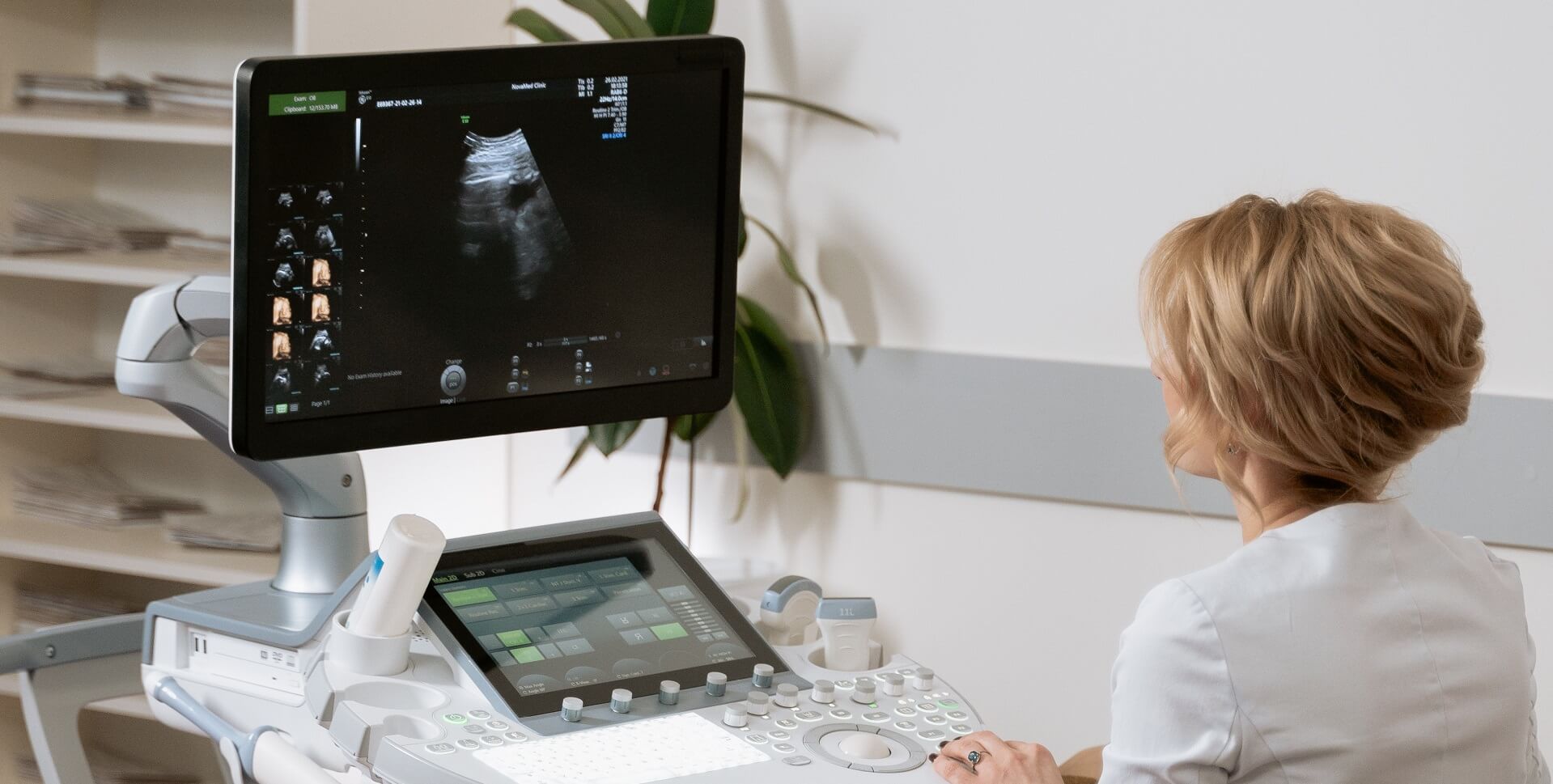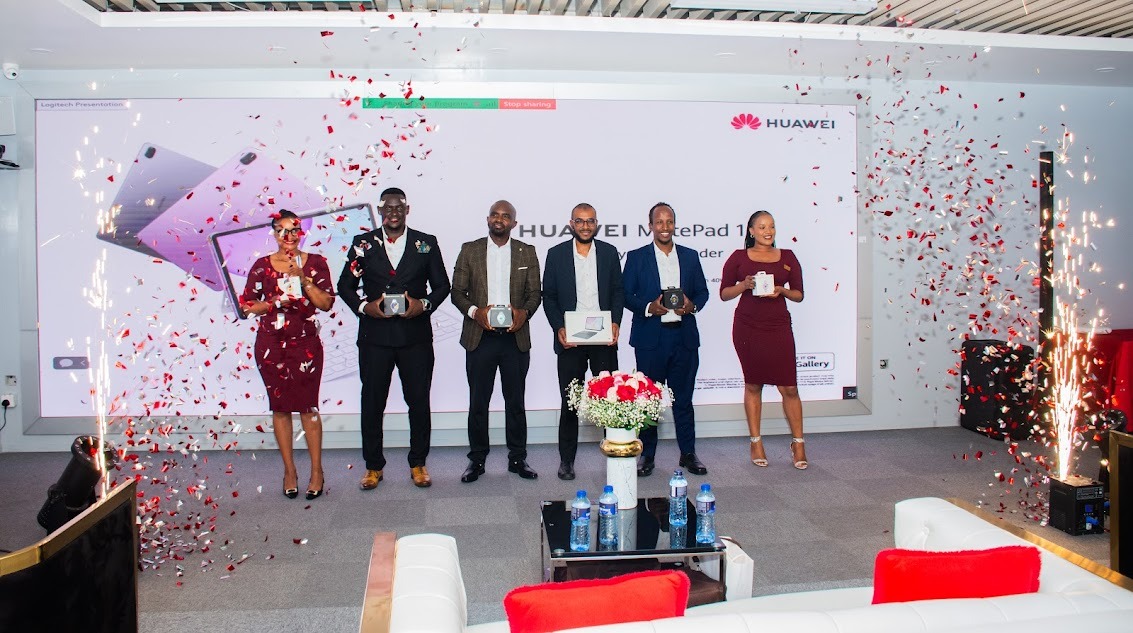
Google Trials AI-Assisted Ultrasound Devices in Kenya to Improve Maternal Healthcare
Google has started testing its advanced AI-assisted ultrasound technology in Kenyan hospitals as part of an ambitious research project to improve maternal health in the East African country. Generally, ultrasound technology to monitor the health and development of unborn babies is nothing new in prenatal care. In Kenya, though, access to these services remains very limited, with only about 16 percent of pregnant women reported to receive regular ultrasound care.
Bridging Healthcare Gaps through Collaboration
The recent partnership between Google and the Kenyan healthcare organization Jacaranda Health in an eight-month research project seeks to investigate how AI-powered tools can support ultrasound services in local clinics and hospitals. This is a quest to innovate technologies that ensure ultrasound services are available, accessible, affordable, and efficient throughout the country.
According to a recent report by Google, "To help bridge this chasm, Jacaranda Health has teamed up with Google on an eight-month research study to investigate ways AI tools can support point-of-care ultrasound delivery in Kenya."
Smaller, Smarter, and More Efficient Devices
Another strong point of the new ultrasound devices on trial is the size factor. Unlike traditionally expensive, big ultrasound machines, these AI-enhanced devices are small, cheap, and energy-efficient. This makes them even more practical for resource-limited settings, like rural clinics or maternity centers, which might not have space for such an extensive and advanced machine.
The AI-incorporated software that they have developed was trained with thousands of images, including foetal and breast images, to enhance accuracy in anomaly detection during the foetal stage. While AI-based interpretation of sonograms currently allows even less-trained healthcare providers to conduct ultrasound examinations themselves, the accessibility of such crucial services is expanded.
"These AI-powered devices make it easier to take and interpret ultrasound images, which means the examinations can be performed by nurses and technicians themselves without a lot of training," Google said in a release.
Increasing Access to Maternal Care
Success in this trial could make a much-needed difference in Kenya's healthcare system. If the eight-month pilot phase proves successful, Google intends to scale up the deployment of more devices across the country for antenatal care services. Ultimately, the mass deployment of these AI-assisted ultrasound tools would facilitate early detection of pregnancy complications and reduce maternal and infant mortality.
The initiative will increase access to and affordability of ultrasound technology in maternal healthcare in Kenya. Health professionals, as a result of this increased access to reliable diagnostics, will be empowered to quickly identify complications and intervene earlier, improving outcomes for mothers and their babies.
Kenya: A Hotbed of AI Innovation
Among all countries in the world, Kenya is one of only two where Google is piloting its AI health solutions. The other country is Taiwan, where Google is testing an AI-enabled mammogram aimed at improving timely detection and treatment of breast cancer.
Focusing on Kenya for this groundbreaking trial highlights the increasing role the country is playing as a technological advancement hub in Africa. This is further emphasized by Nairobi hosting one of the only two Google AI research centers on the continent, the other being in Accra, Ghana. Kenya's role in fostering AI technology adoption extends beyond healthcare, impacting other sectors as well.
According to a recent report from Public First, a London-based research firm, AI technologies have the potential to boost the economies of Sub-Saharan Africa by more than $30 billion (Sh3.9 trillion). Given that Kenya is at the forefront of this emerging wave, such benefits will spread into many other sectors beyond health.
A Bright Future for AI in Health
This project represents a promising step toward making health services more accessible, efficient, and of higher quality. Kenya sets a strong example of how technology can bridge gaps in healthcare, particularly in maternal care. This innovation has the potential to revolutionize antenatal care in Kenya and beyond, setting a lasting impact on maternal health outcomes across the continent.
If this collaboration continues between health organizations and technology companies like Google, the future of healthcare in Kenya will be bright, connected, and inclusive.


